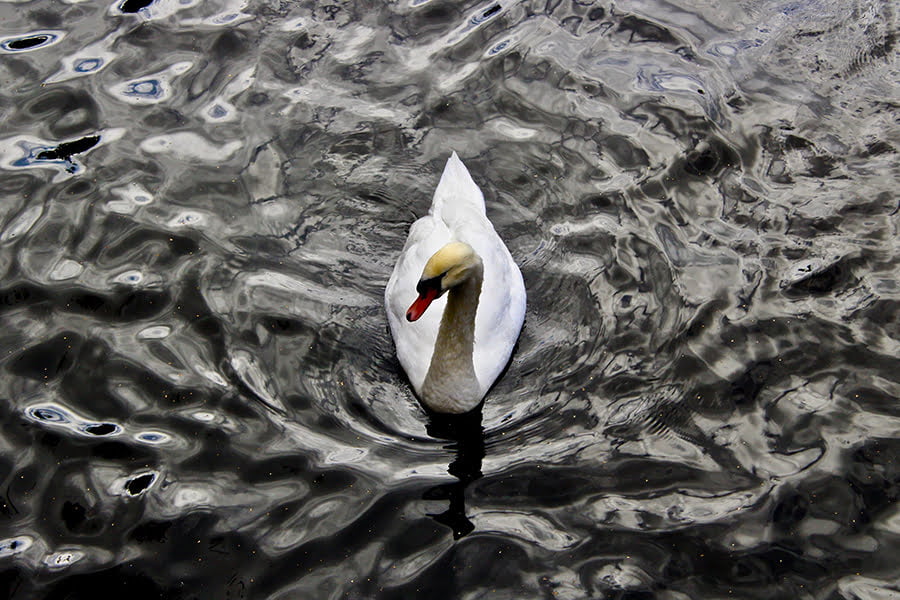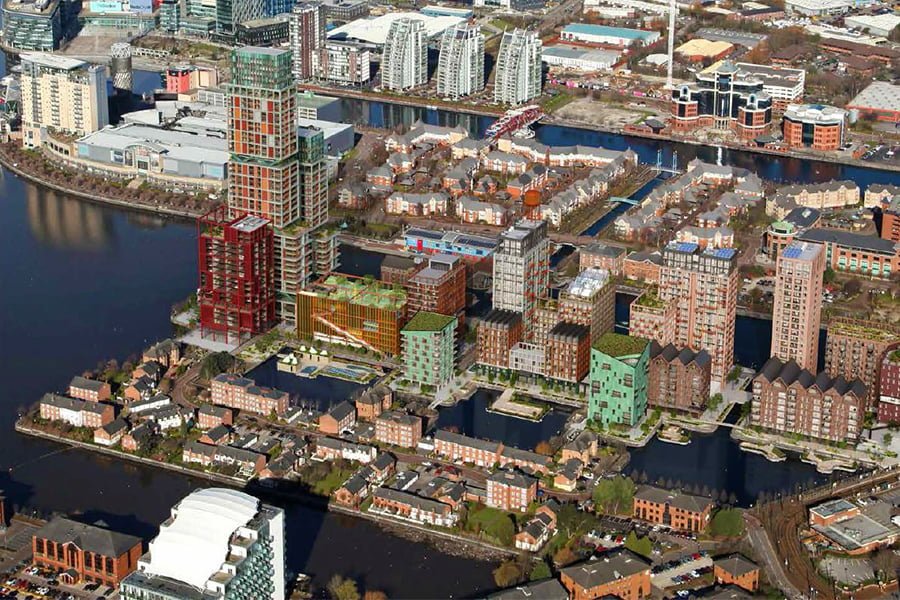
Developers Royalton Group and Frogmore have just been awarded planning permission to build a new neighbourhood in an area of underused land, which will be located on one of Salford Quay’s iconic piers; very close to the BBC’s Media City. The plans for the new development include up to 1,500 homes, two hotels, street level commercial spaces and public facilities. All of these make the most of the waterfront setting, including features such as harbour baths, floating gardens, and innovative mixed-use spaces. In keeping with the area’s history, the new development will be named Cotton Quay and each of the quarters within the new development are proposed to be named after various grades of cotton. This is due to the docks being renowned for importing cotton during the 19th Century, giving rise to Manchester as ‘Cottonopolis’: the industrial centre for Lancashire’s cotton textile industry.
TEP was commissioned to carry out an Ecological Assessment of the site to support the Cotton Quay planning application. TEP undertook habitat, bat and winter bird surveys to inform its ecological assessment. TEP also recruited APEM to input into the assessment of aquatic ecology, including assessing potential impacts on fish and macrophytes. Ecology assessments are vital to ensure that developments are complying with government policies and making sure the local wildlife is protected and biodiversity benefitted.

The assessments for this development found that the docks possess complex aquatic ecosystems and provide essential spawning areas for fish, as well as supporting large numbers of water birds such as mute swan. To conserve the area’s biodiversity, TEP worked closely with London-based architects Studio Egret West, CJCT and Studio Partington in order to incorporate innovative ecology friendly features into their designs. These include unique rain gardens, which will utilise the rainwater from buildings, rooftop gardens and floating gardens on the docks themselves. These features, along with new landscaping and planting will all help to enhance the biodiversity of the site and create new natural habitats, particularly for birds, bees and insects.
For more information on the Cotton Quay development visit: https://cottonquay.info/








